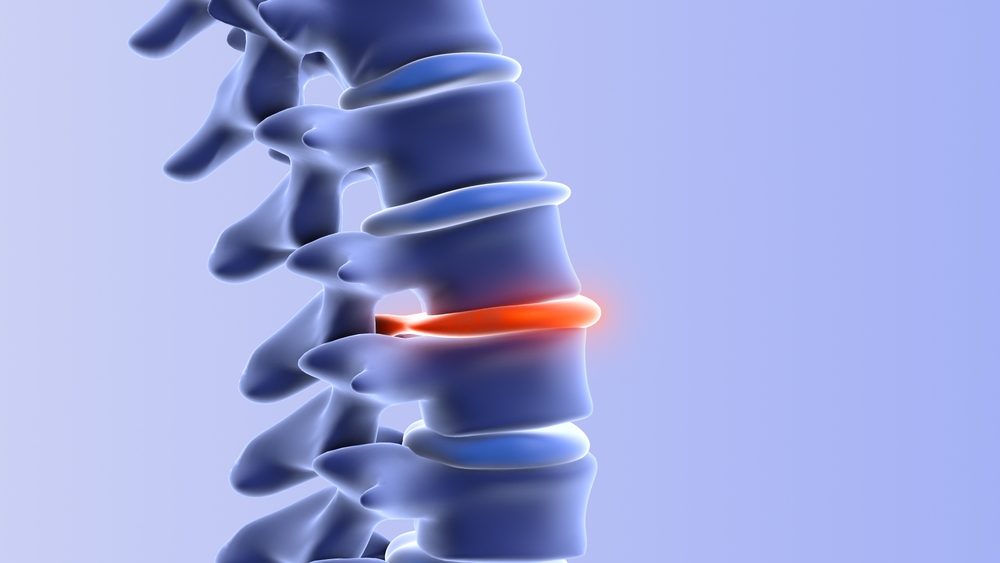
Disc herniation is a common spinal condition that can cause significant pain and limit mobility if not properly addressed. At Connection Chiropractic, we often see patients from Minnetonka and the surrounding communities who are struggling with this issue, unsure of what’s causing their discomfort or what steps to take next.
What Is Disc Herniation?
Your spine is made up of vertebrae cushioned by discs that act as shock absorbers. Each disc has a soft inner core (nucleus pulposus) and a tougher outer layer (annulus fibrosus). When the outer layer weakens or tears, the inner core can push out—this is called a herniated or “slipped” disc. This condition can occur anywhere along the spine, but it's most common in the lower back (lumbar spine) and neck (cervical spine).
Common Causes of Disc Herniation
There are a few key factors that may contribute to a disc herniation:
Age-related wear and tear: Over time, spinal discs lose water content, making them less flexible and more prone to tearing.
Improper lifting: Using your back instead of your legs to lift heavy objects can put excessive pressure on your spine.
Repetitive movements or trauma: Sports injuries, car accidents, or repeated stress on the spine can lead to herniation.
Sedentary lifestyle: Lack of exercise and poor posture, especially during long hours at a desk or while driving, can weaken spinal structures.
Genetics: Some people may inherit a predisposition to disc problems.
Symptoms of a Herniated Disc
Disc herniation symptoms can vary depending on the location and severity of the herniation. Common signs include:
Localized pain in the neck, mid-back, or lower back
Radiating pain that travels down the arms or legs (sciatica)
Tingling or numbness in affected areas
Muscle weakness or difficulty with coordination
Pain that worsens with movement or prolonged sitting
If you live in Minnetonka or nearby communities and are experiencing any of these symptoms, seeking a professional evaluation is a crucial first step toward relief.
How Is a Herniated Disc Diagnosed?
A chiropractor can evaluate your symptoms through a comprehensive approach that begins with a physical examination. During this exam, they assess your posture, range of motion, flexibility, and reflexes to identify any areas of concern or imbalance in the spine.
In addition to the physical assessment, a neurological evaluation may be performed to check for changes in sensation, muscle strength, and reflexes. This helps determine whether a herniated disc is impacting nerve function, which can guide the appropriate course of treatment.
In some cases, imaging studies such as MRI or X-rays may be recommended. These tools can provide a clearer view of the spine and confirm the presence, location, and severity of a disc herniation. This allows for a more precise and personalized treatment plan.
Personalized Care for Minnetonka Residents
Disc herniation can disrupt your life, but it doesn't have to define it. With the right diagnosis and a conservative, chiropractic-based approach, you can find lasting relief and return to doing what you love. Early intervention is key to preventing further damage and promoting recovery.
Our team at Connection Chiropractic is committed to providing individualized care for our neighbors in Minnetonka and surrounding areas. We take the time to understand your symptoms, lifestyle, and goals to create a treatment plan that works for you—whether you’re an active athlete, busy professional, or retiree seeking relief.
If you're experiencing back or neck pain and suspect a disc issue, schedule a consultation with Connection Chiropractic and discover a path to better spinal health. Visit our office in Minnetonka, Minnesota, or all (952) 232-4700 to book an appointment today.


